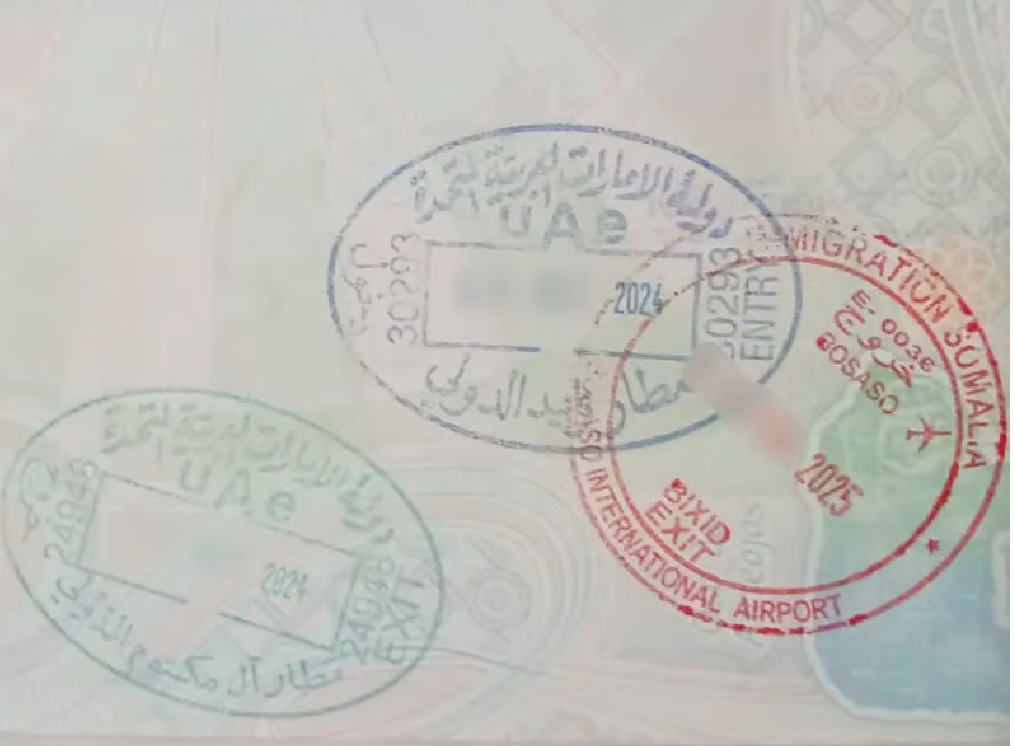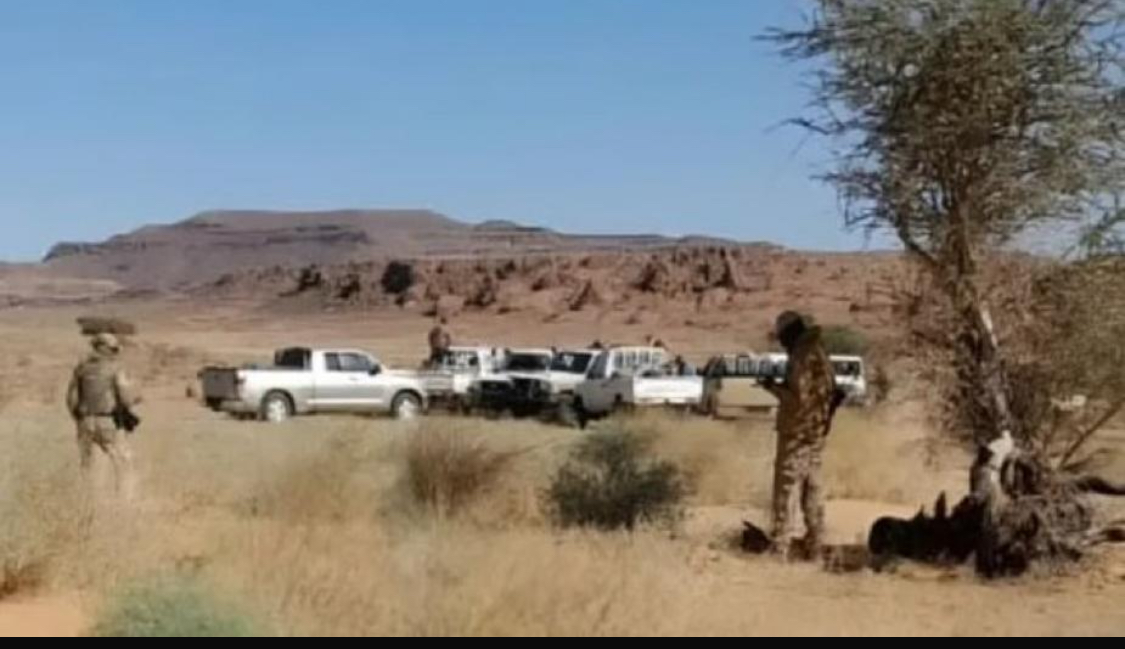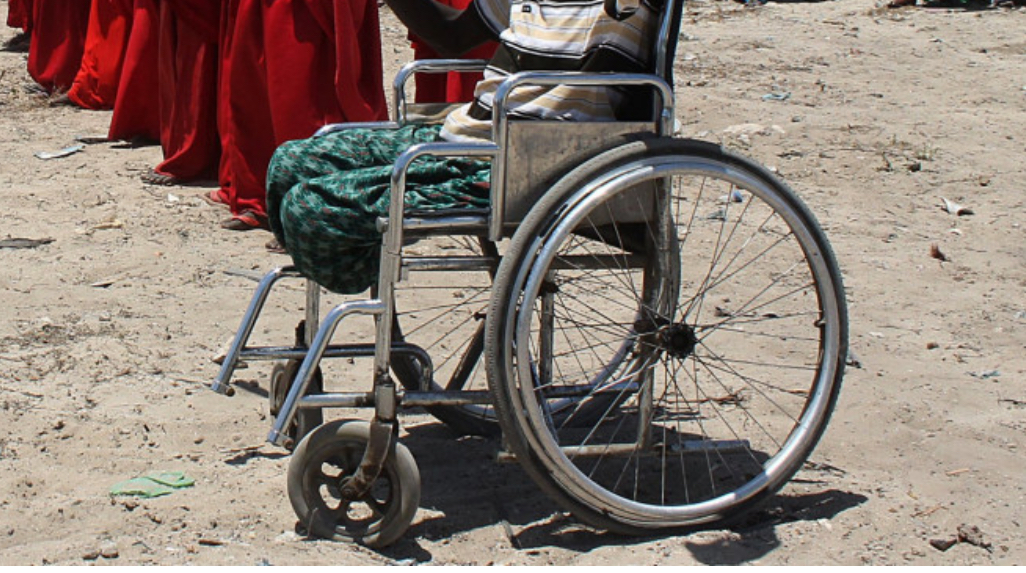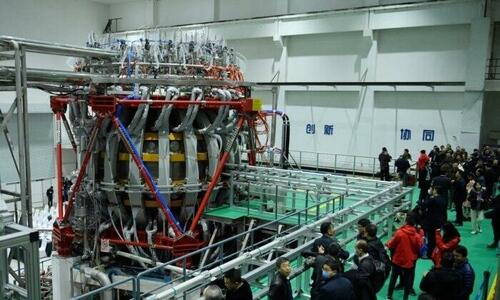Share the post "How Colombian Mercenaries were duped into fighting in a brutal civil war In Sudan & Yemen…"
Retired Colombian soldiers have been brought to Sudan to bolster the Rapid Support Forces (RSF), with promises of a good salary and tricked into thinking they would be providing security to oil drilling sites, “Call that story ‘they escaped from hell’,” says a retired Colombian soldier over a shaky video call”..
He’s talking to a fellow veteran – someone he fought alongside for four months in Sudan’s civil war. Both had signed up as mercenaries. He’s only been back a month, The two ex-soldiers were part of a battalion of mercenaries called the Desert Wolves – a codename for four companies made up solely of retired Colombian military personnel.
RSF reinforced with Colombian fighters
The RSF, the faction now reinforced with Colombian fighters, stands accused of some of the war’s worst atrocities – including blocking humanitarian aid. As La Silla Vacía has reported, nearly 300 ex-Colombian soldiers have joined the group since last year, many of them tricked into going, They made their way through a transnational mercenary network headed by Álvaro Quijano, a retired colonel from the Colombian army. He runs the operation in partnership with Global Security Service Group, a private security firm based in the United Arab Emirates.
The first company of Colombians reached El Fasher in November 2024. “The fighting there was street to street. You ever played Call of Duty? Just like that,” says Héctor, He was among the first wave of retired Colombian soldiers to sign up. He signed a non-disclosure agreement with Global Security Service Group, a UAE-based firm certified by the Emirati state. The contract he was offered promised static security work at oil facilities in the Middle East or Africa.
Nyala: Colombia mercenary hub
Nyala, the capital of South Darfur, is the RSF’s rear base and launchpad for its campaign in El Fasher. Last month, the Reuters news agency published satellite images from Maxar, an intelligence firm, showing that between January and February this year, the RSF built three hangars along Nyala’s runway. Large reconnaissance drones have also been spotted at the site.
The city has become the main hub for Colombian mercenaries. It serves as the rallying point for the Desert Wolves battalion – both for those arriving and for those trying to leave, often wounded or disillusioned. According to returning ex-soldiers, two full companies – around 300 men – have reached Nyala since late last year.
That route, according to his account, begins in Madrid. From there, they fly to Ethiopia. Then on to Bosaso, a key port in Somalia, before boarding a plane to N’Djamena, the capital of Chad. The final leg ends in Nyala, where the RSF controls the airport.
“We flew into Nyala from Chad,” the Colombian told La Silla Vacía. “The flight from N’Djamena to Sudan takes about two hours. We landed already armed – drones, RPGs, missiles, the works.” Once there, the Colombians train RSF fighters, many of whom operate with little discipline or structure.

If we’re in Bosaso, why a UAE stamp?
Once in Nyala, they handed over their weapons and boarded a plane for the return journey. His passport bears two key stamps, both pointing again to the influence of the United Arab Emirates. One is from the UAE. The other, from Somalia, marks his exit through the port of Bosaso, at the northwestern tip of the country.
The UAE has tightened its grip in Bosaso in recent years, investing heavily in port infrastructure. It has also provided military support to Somalia – to such a degree that returning Colombians say they passed through an Emirati base, “In Bosaso, it’s easier to move into Chad,” says one of the mercenaries. “The UAE has a military base there, and they’ve got a deal to use it.”
What draws many of these retired Colombian soldiers is the pay. Contracts typically offer $2,600 for privates and $3,400 for sergeants. But many report being underpaid or not paid at all, Under Colombia’s special military rules, most professional soldiers retire around the age of 40. Others leave earlier if they fail to rise through the ranks. Most do not receive a pension that matches what they can earn abroad.




